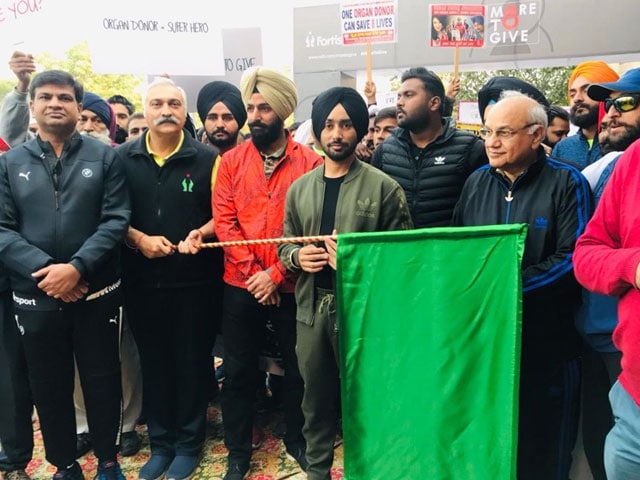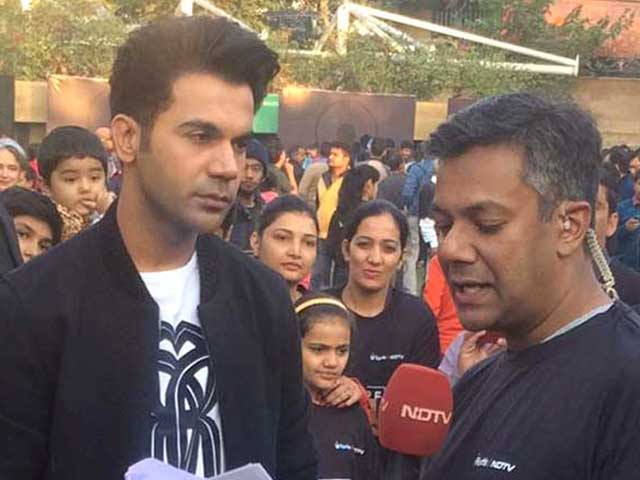
Bengaluru: A 55-year-old diabetic patient from Bengaluru, in urgent need of a live transplant found himself caught up in the violence that engulfed Karnataka and Tamil Nadu recently.
“Though the patient hails from Nagpur in central Maharashtra, he was admitted in our Bengaluru hospital two months ago, waiting for a donor as his liver was damaged and could not be treated,” recalled Manipal’s 44-year-old Consultant Hepatologist Arikichenin Olithselvan. “We learnt about the availability of a liver for transplant through the Tamil Nadu health department, which has a cadaver transplant programme. As the patient had registered with us for a liver transplant, we decided to take him to our branch hospital at Salem in the wee hours for the surgery at a short notice,” noted Olithselvan.
The donor was admitted to Manipal’s Salem hospital on the night of September 14 after he suffered head injuries in a road accident near Erode, 70km away, and was declared brain-dead. The family of the donor, of the same age as the patient, agreed for the liver transplant, the hospital rushed the latter to its Salem branch in the night in an ambulance with Tamil Nadu registration number, as it was safer and quieter.
As vehicles of the both the southern states were stoned and burnt by protesters over the sharing of the Cauvery river water, police were not allowing even ambulances with Karnataka number plates to drive into Tamil Nadu across the border.
“They (police) did not want to take chances in allowing our ambulance with a serious patient to cross the border and drive about 200km to Salem for the transplant in view of the prevailing tension over the Cauvery row between the two states and due to shutdown in Tamil Nadu on Friday,” Olithselvan told IANS.
“We took the patient in an ambulance to the city’s outskirts, put him in a wheel chair, walked 1 km on the National Highway 7, crossed the border and drove to Salem in another ambulance,” said a Manipal Hospital doctor after transplanting the liver in him from a brain-dead donor on September 15.
A 10-member team of doctors and nurses accompanied the ailing patient to Salem for the transplant in the odd hours with medical equipment and support systems.
Expressing relief over the transplant under trying circumstances, Olithselvan said the Hippocratic oath of the doctors and their professional commitment made their ordeal worth the risk to save a patient’s life.
“After a 12-hour operation, the recipient is responding well at our Salem hospital,” added Olithselvan.









